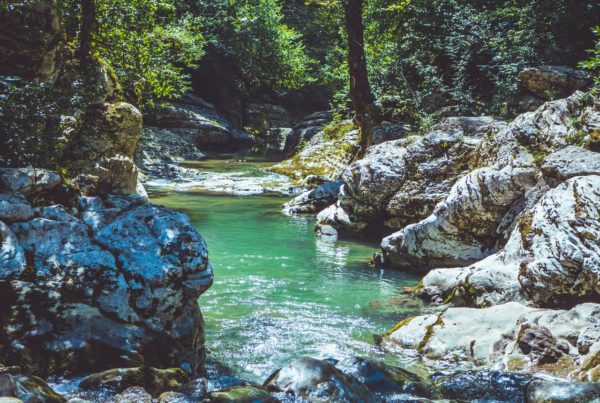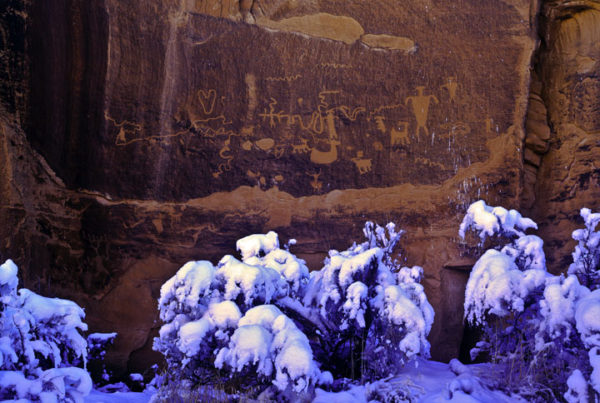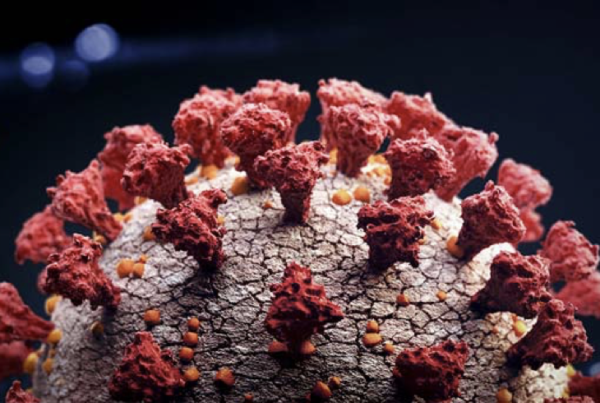The following is a transcript of a presentation I gave to the Episcopal Diocese of Utah in Spring of 2022. Through the hard work of a handful of activists, organizers, and worshippers, the statewide Diocese voted in favor of a Resolution to support America’s Red Rock Wilderness Act. This visionary legislation seeks to protect almost 9 million acres of wilderness lands in Utah for the preservation of wildlife corridors, the mitigation of climate change, and for the preservation of the Geography of Hope. To learn more about the Red Rock bill and the Southern Utah Wilderness Alliance, click here.
In our post-modern world, there is very little left that is sacred. Over the last half-century or so, almost everything from country, church, history, and the authors of our favorite books have revealed themselves to be complicit, biased, unequal, and imperfect. This post-modern movement has given us the gifts of critical thought, social justice, and ideological tools for dismantling oppression. But it has also created the context for the mental health crisis, growing cynicism about power and institutions, and the rise of a market mentality where value is no longer inherent, but only found in exchange.
As we necessarily deconstruct the world around us, we can be left without the grounding to believe in anything good, mysterious, or great. This nihilistic worldview abounds and has left many feeling alone, alienated, and powerless. When, as Richard Rohr says, “we lose a sense of inherent value, we have lost all hope of encountering true value, much less the Holy.”
And this is where the Earth’s wild landscapes can save us.
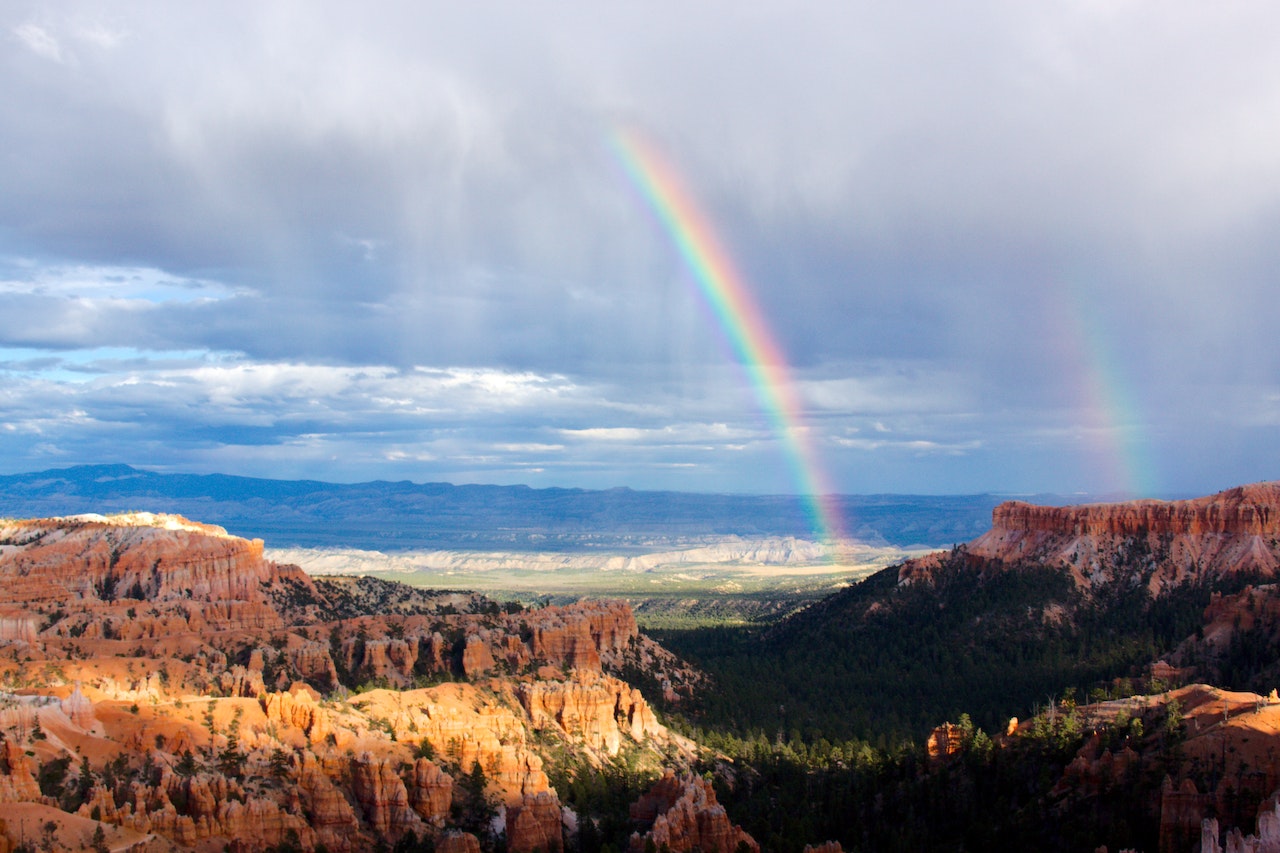
In the beginning...
Sacred texts throughout the world, paint a picture of a cosmos and Earth soaked and saturated with divine light. John’s gospel reads “In the beginning was the Word, and the Word was with God, and the Word was God…and the Word was made flesh.” In those opening moments of Creation, God self-emptied into the universe because “God loves things by becoming them.” In the Franciscan tradition, this is marked as the first, or Universal Incarnation.
Whether it is the Cosmic Christ, the Light of Christ, Mana, Kami, Brahman, Logos, or the Tao, the world’s traditions are trying to teach us that there is real divine spirit incarnated in the heart of material reality. It is as if you could pluck any old stone off the ground and squeeze it to feel the Divine Presence running over your hands like water. As Elizabeth Barrett Browning writes, “Earth’s crammed with heaven, And every common bush afire with God, But only he who sees takes off his shoes.”
And there are few wild landscapes on Earth that communicate this presence better than the red rocks of southern Utah. Vermillion cliffs catching a sunrise. The lingering smell of sagebrush after rain. Impossibly sculpted arches. Flowing turquoise waters with fluttering cottonwoods set against desert varnish and the cascading song of the canyon wren. And stitching it all together, between the heartbeats, the dripping sweat, and aching feet is silence. Real genuine silence.
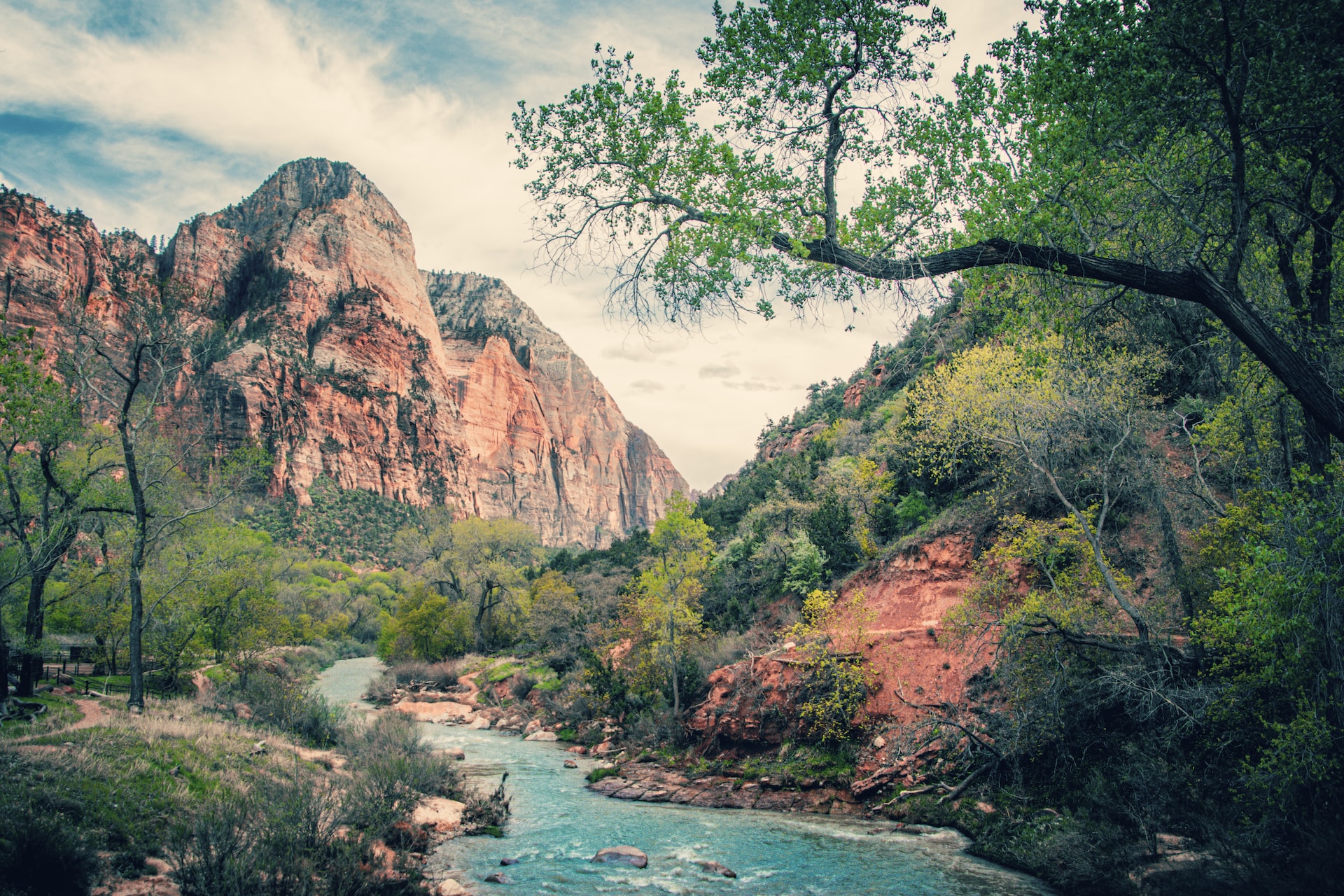
Religion as re-aligning expansion
Paul uses the metaphor of the Body of Christ to illustrate the growing edges of the ever-expanding divine community. In that day, to be a gentile or a samaritan was to be forever on the outside of the circle of belonging. Today we have similar problems. To be a democrat or a republican. To be queer or black. Any of these identities will leave you on the outside of one circle or another. It seems as though the fragile human ego can only know itself by what it excludes, as if to say “I am not that.” The effects of which have left each of us feeling alone and alienated from each other and the world. But by challenging us to love our neighbors as ourselves, Jesus is asking us to explode our circles of belonging outward to include all things, as if to say “thou art that. You and your neighbor are one. What happens to them happens to you.”
This is one of the central aims of religion and spiritual practice — to help us awaken to the radical interconnectedness of all being. You are embedded in a dense ecological web of interrelatedness. The water in your body has been collected from snow, rain, and cloud. The iron in your blood, a gift from the animals who gave their lives for your sustained heartbeat. The salt in your tears has accumulated in your body from a thousand oceans over a thousand lifetimes. You are a member of the communion of saints which includes microorganisms, trees, fungi, and birds. What happens to the Earth happens to you.
The notion of divine presence inspiriting everything from bread and wine to sparrows and mustard seeds to sandstone and sage grouse blows apart our tiny human conceptions of what belongs and what doesn’t. God says to us through Creation “Everything belongs. Beauty and Terror. Life and Death.”
Can we see that the Body of Christ is far more than the body of church membership? The Body of Christ expands to fill the Earth from the top of Mt. Everest, down the Grand-Staircase, to the bottom of the Marianas Trench. Nothing is left out, expelled, or scapegoated. God sends the gift of rain and sunshine on the just and the unjust. The Reign of God is now. Everything belongs.
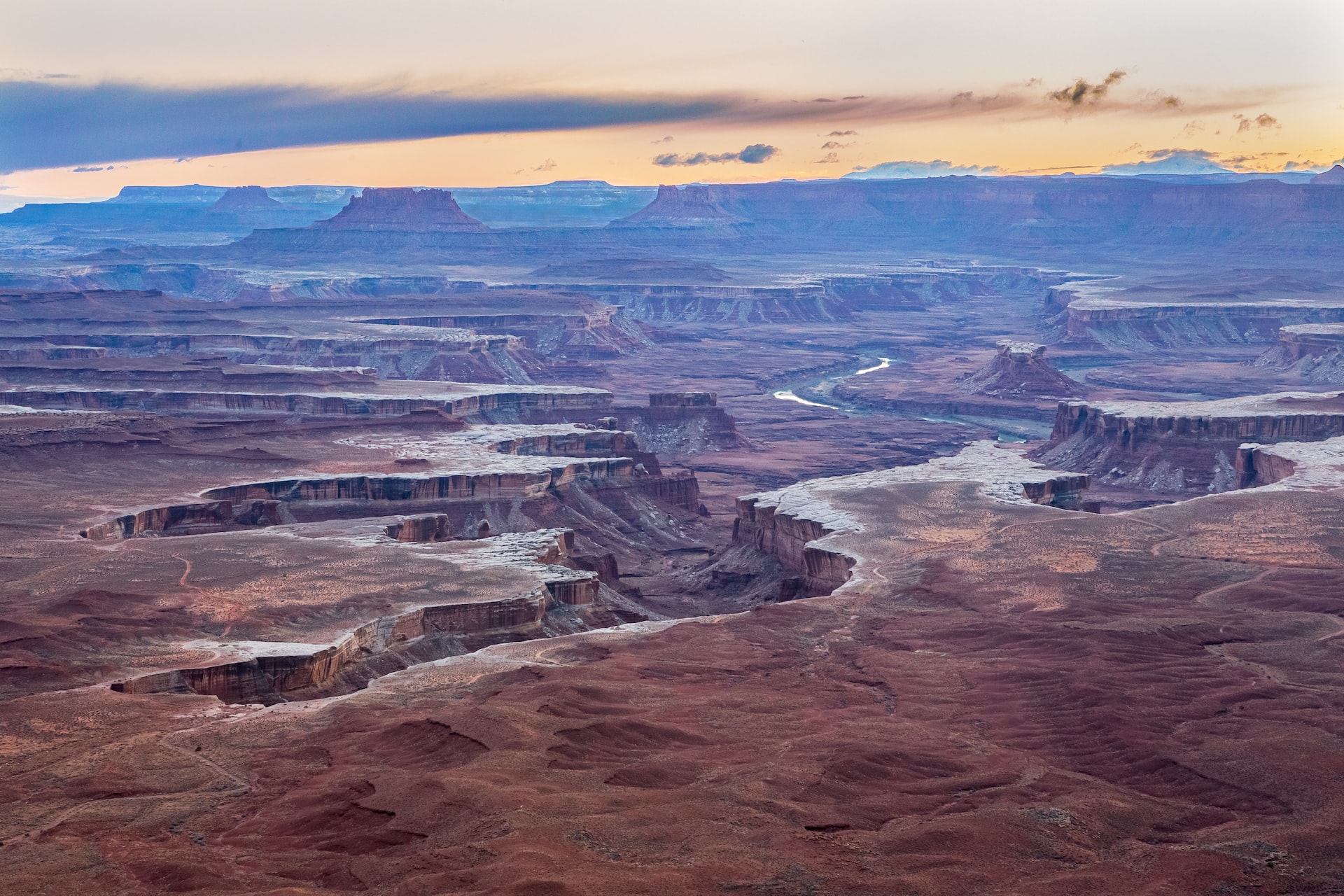
And it was very good...
Deconstruction is needed and necessary to reveal the real evils of this world. But if we deconstruct without also regrounding our personal and communal identities in something bigger and more real, we can drown in a world of nihilism. But by literally re-grounding our spiritual identities in the Earth, the full Body of Christ, we can instead rest in our participation in the whole. God declared the Earth as a whole, (fishes, birds, and humans included) Very Good and that is the foundation for our goodness. We all have inherent value as members of the Earth family, beyond our exchange or market value.
Wilderness can help us re-enchant the world. Because in those wild spaces we can encounter the holy inherent value of cryptobiotic soil, tarantulas, and yucca. They are good because they simply exist. When we experience the true divine goodness of these places, that goodness is passed along through the great chain of being to us and back again. And while in an enchanted world, one can certainly encounter the Divine in any mundane place, be it an upper room, a road to Emmaus, or a fishing boat, entering the wilderness is like playing with loaded dice.
By protecting wild landscapes, like those found in Southern Utah, we are safeguarding ourselves and our own spiritual wellness for generations to come. We are declaring that the Earth is enchanted with divine presence — that it is good — and by extension so are we. Next to sacred texts and tradition, the Earth is perhaps our greatest ally in the greater spiritual transformation of humankind. We need these wild places. even if, as Wallace Stegner says, all we do is walk to the edge and look in.
Perhaps then, after we work to protect wilderness, and wilderness works to transform us, we can look out at the world with new eyes. We can see a world full of holy fire where every common bush is aflame. And we can then look at our neighbors and love them as ourselves because we learned first to love sandstones, bristlecone pine, and flowing water as ourselves.
Thank you.
